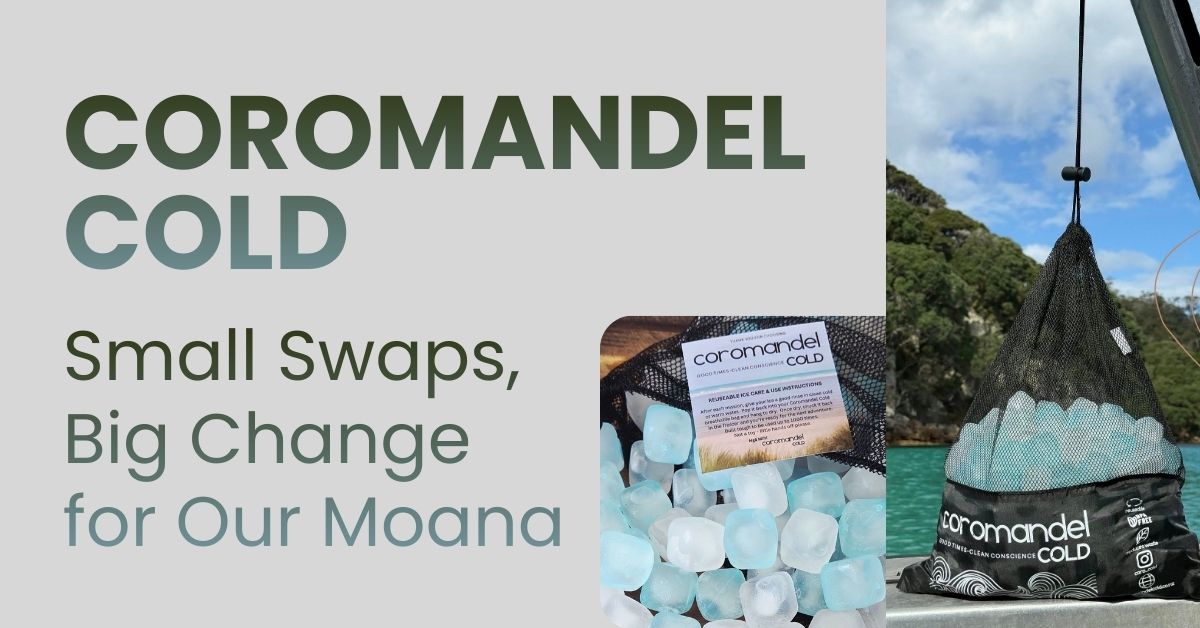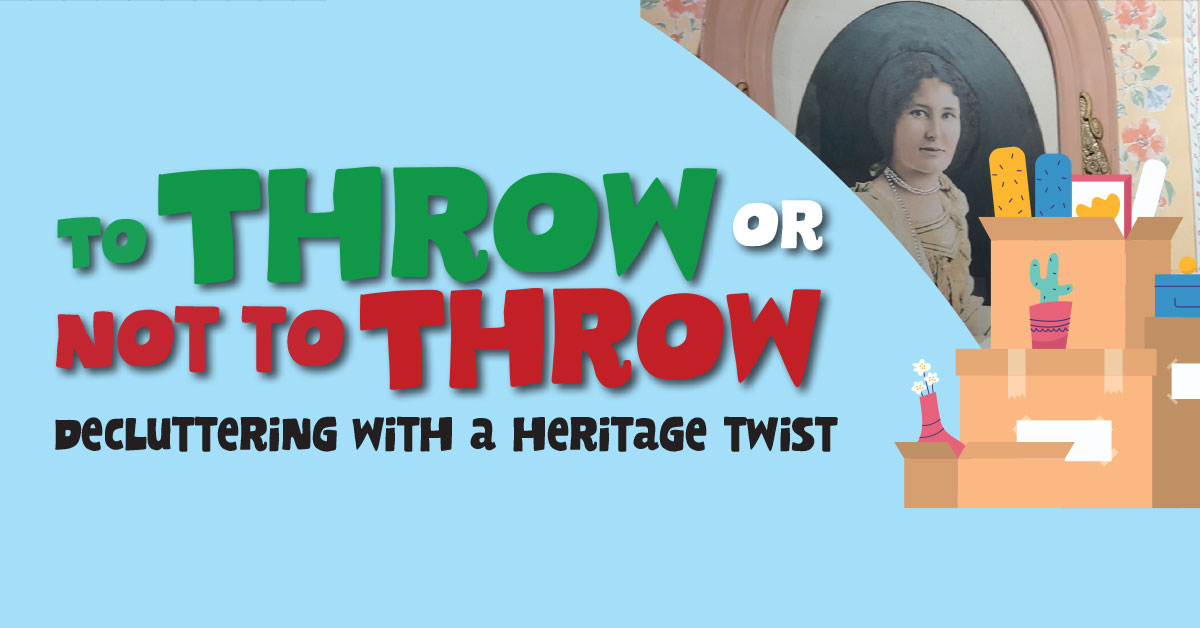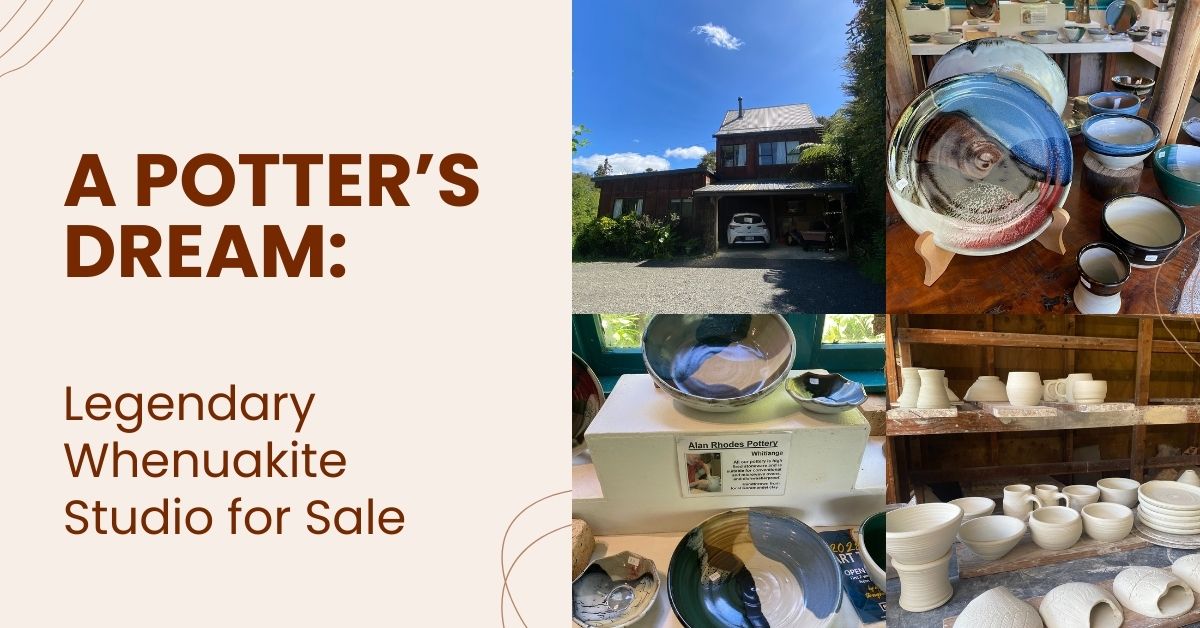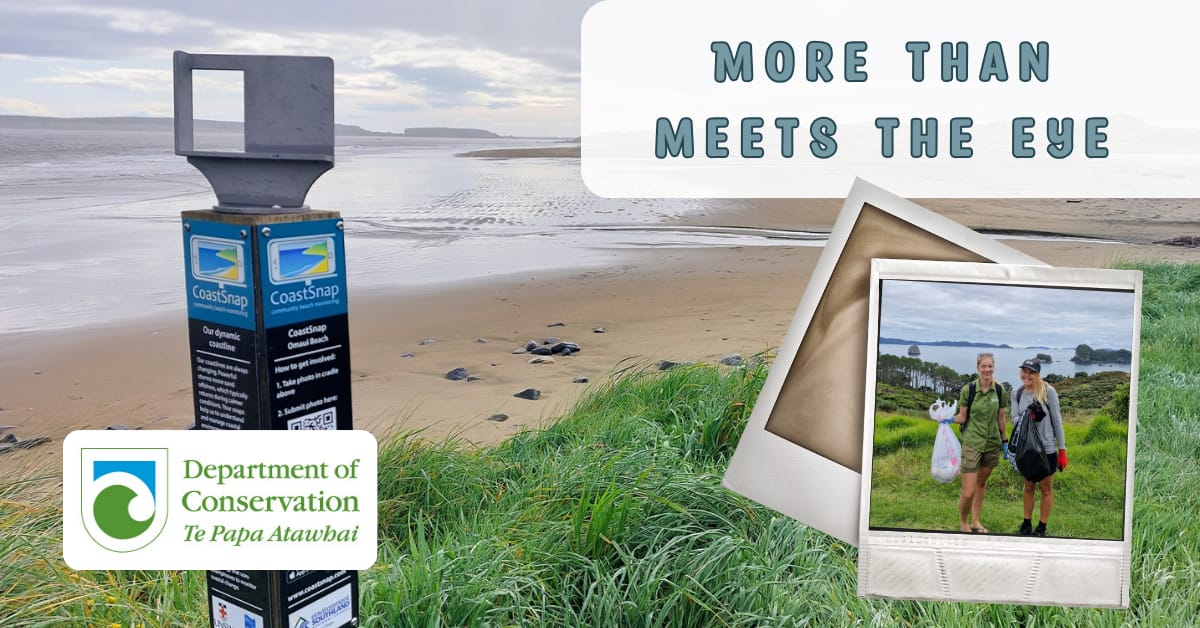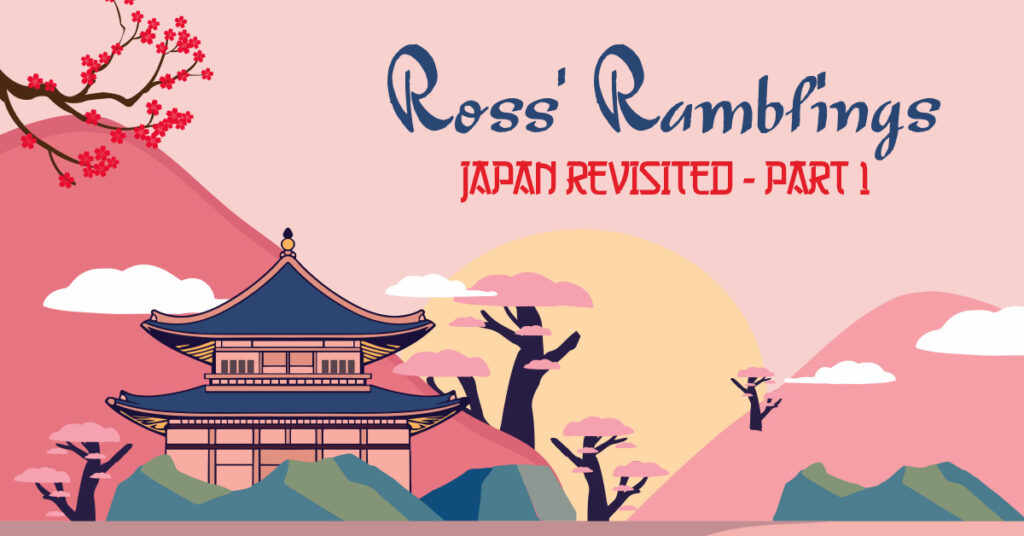
When I was growing up, I remember that in our house we had a Japanese katana (samurai sword) hanging on one wall and a small Japanese wooden pagoda on a cabinet in the lounge. My mother also had a beautiful kimono with birds and flowers flowing down the sleeves which she used to put on sometimes. These were relics for which my father had traded food and cigarettes when he was a dentist in J Force near Hiroshima in 1946, following the nuclear bombing by the United States. I really hope he was generous in his bargaining for these iconic Japanese treasures. The people were recovering from the effects of radiation and had little to eat and sparse accommodation.
Little did I know that when I became an adult, I would have a very strong connection to the land of the rising sun.
It all started when I was working as an English language teacher at the Coromandel Outdoor Language Centre which had been set up by my friend Maurice Kirby in the late 1980s. I ended up with a Japanese wife and a half Japanese daughter. I decided that I needed to learn the language so I enrolled in year 10 and year 11 Correspondence School Japanese. Even though it was pretty basic, I was a lazy student and often got told off by my teacher who was much younger than I was. Anyway, after completing 2 years of the course, I thought I was ready to take on Tokyo with my linguistic skills. Well, you can imagine my disappointment when, on arrival in Japan, I could hardly understand any Japanese I heard.
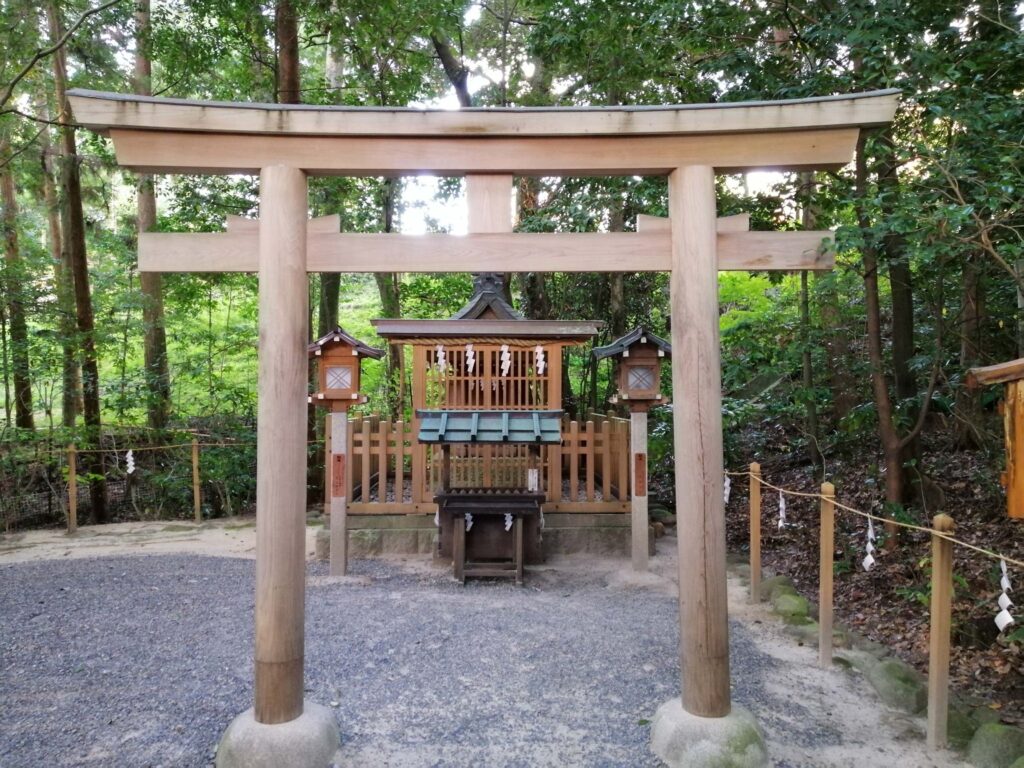
I remember an amusing incident though, when my then wife took me to a Japanese doctor to check my ji (haemorrhoids) which had begun to play up. The poor student nurse looked horrified at the prospect of inspecting the anal passage of the first gaijin (foreigner) she had encountered. However, the examination went as expected, whereupon the female doctor prescribed some suppositories which were to be inserted into my derrière (behind). She then proceeded to explain that it was best to hold my lips in the shape of a kiss during the insertion, as this would relax my bottom ready for the invasion by the dreaded medicine. Both the doctor and nurse looked quite serious while this was explained, but I was trying hard not to burst out laughing while practising the prescribed kissing shape of the mouth that the doctor was demonstrating.
My work hours as an English teacher in a small coastal town in eastern Japan were from 2pm till 10pm from Tuesday to Saturday.
Saturday night was always fun, as after finishing work we teachers always went to our favourite local bar and ate delicious Japanese food and drank ice-cold Asahi beer.
It was the best classroom I have ever been in. Everyone spoke Japanese and with the aid of a couple of glasses of Asahi my inhibitions about trying out my limited language skills were brushed aside and a cacophony of Japanese spurted forth from my mouth. God knows if anyone understood what I was saying, but everyone told me I was improving. Whether politeness was more important than the truth I wouldn’t know. But I would strongly recommend this language learning method.
Sometimes, a mistake in the pronunciation of words which sound similar can have hilarious consequences. One of my colleagues was visiting Japan and was staying with the family of a student who had attended the language school in Whitianga. After finishing the sumptuous dinner that her Japanese hosts had served, my colleague, when asked if she wanted more food, wanted to say “Onaka ippai desu!” (I am full, thank you). Unfortunately her pronunciation let her down and she said “Oki oppai desu!” which means “I have big breasts.” You can imagine the laughter that erupted at that simple mistake, especially since what she mistakenly said was actually true.
At 10pm after work I used to ride my bike home through the paddy fields. On summer nights, the frogs would be singing loudly in unison and would provide a beautiful melody that followed me until I reached my door. One night, I remember riding home and suddenly realising something was wrong. The frogs were silent. I couldn’t figure it out. But the next day I saw that the rice had been harvested by machine, and packed into large sacks destined for city markets. “Where are the frogs?” I asked my Japanese friends. No one seemed to know. Had they been slashed to pieces by the harvesters’ blades or had they deftly jumped their way into a neighbouring uncut paddy, safe to croak another day? Having never come across Japanese rice with a froggy taste, I must assume that the latter was the case.
Some of the small mountain villages, whose ancient rice fields had become uneconomic due to the steepness of the terrain limiting the use of machinery, had developed a unique way of economic survival.
They sold holidays, during which city-dwellers could stay in the village for a few weekends a year, and work planting, weeding or harvesting the rice and ultimately receiving a share of the harvest. It was a win-win activity for both parties. One important aspect is that it has helped keep some young people in the countryside. In recent decades many of the younger generation have left village life to work in the cities and as the older people have died, the villages have become deserted, houses have become derelict and the gardens overgrown. At present, there are around 9 million empty houses in Japan and, with a steadily declining population, this figure is only going to increase. Foreigners are starting to take advantage of the possibility of owning a piece of very cheap real estate. Some houses are actually free but many of these would require either a lot of money for repairs or an owner skilled in home renovation.
To be continued …
Words by Ross Liggins
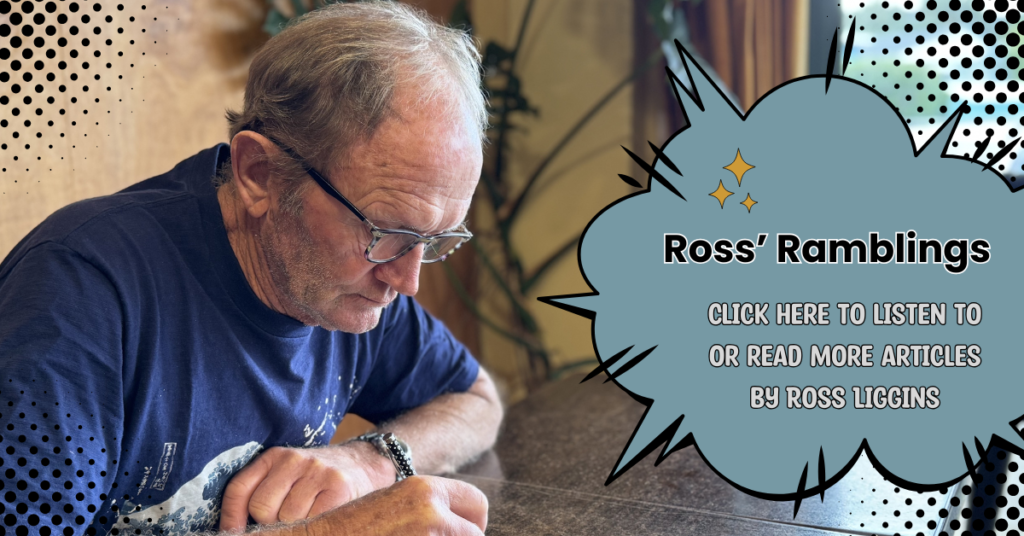
Coromind: Coromandel’s Collaborative Magazine

Help us take Coromind Magazine to new heights by becoming a member. Click here
Change the Weather for Your Business: Advertise with Us.
Advertise your business in the whole Hauraki Coromandel in the coolest Coromandel Art Magazine, from Waihi Beach/Paeroa /Thames up to the Great Barrier Island.
Advertise Smarter, Not Harder: Get in Touch



